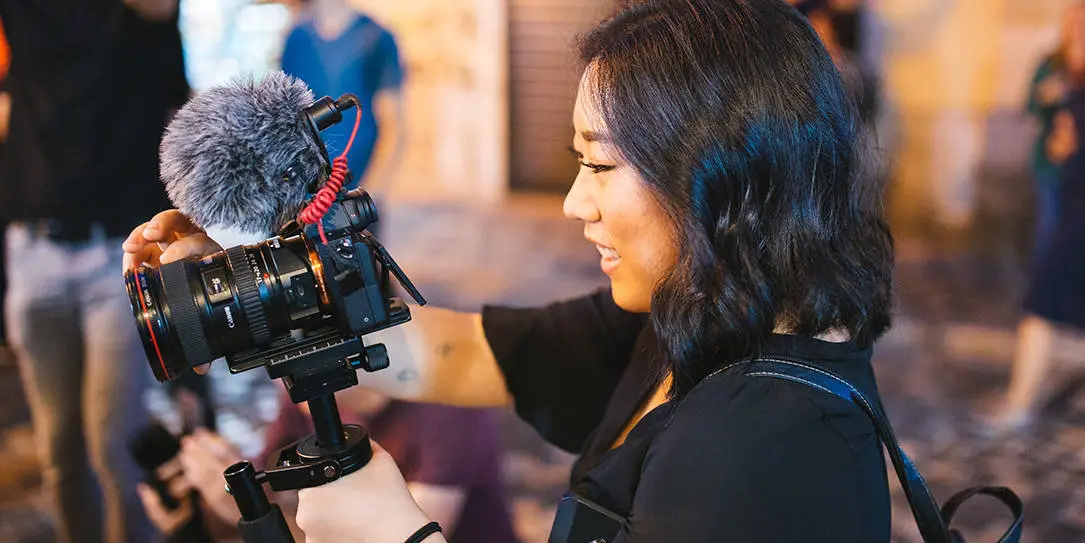For many years, artificial intelligence (AI) has been a nebulous concept that promises to change everything about the way we live, work, and play. For the layman, however, it remains a vague technology that remains “just around the corner”. That idea stands in stark contrast to the actual reality, where AI technology has already worked its way into almost every type of industry and product, including several that many people aren’t even aware of.
As it turns out, examining a wide variety of AI use cases is an excellent way to gain an understanding of what the technology is and the myriad ways it is and will continue to affect our lives into the future. To that end, here is a look at some of the most interesting and unexpected ways that AI is already having a visible impact in the world. Taken together, they present a vivid illustration of the state of AI technology as a whole. Let’s dive right into the AI revolution.
AI To Combat Bullying and Teen Suicide
As technology has grown into a fixture in our everyday lives, it has brought with it all kinds of benefits and conveniences that we wouldn’t want to live without. At the same time, however, technology has also amplified some of society’s worst problems, like bullying in schools. Part of the problem is that our always-on social media platforms have made it difficult for victims to find refuge, as their tormentors can now reach them at all times
AI to Assist Journalists and Writers
The written word has been a part of the human experience for at least 5,000 years, and it is one of the most important communication tools we have. As the digital age has unfolded, however, multimedia and voice communications have risen to prominence, causing many experts to worry that the art of writing is going to die out

AI Guiding Luxury Purchase Decisions
By now, people have gotten used to AI making helpful suggestions on platforms like Amazon and Netflix, but they are for the most part inconsequential. After all, choosing a movie or a small add-on purchase isn’t usually a big deal. Now, however, more and more people are trusting AI to guide them when they make bigger-ticket purchases. Luxury brands around the world are deploying AI-powered chatbots to help customers to make purchases, which would have been unheard of a few years back
AI Everywhere
Just by examining the AI use cases detailed here, it’s obvious that the technology has spread far farther than most people realize. It is also obvious that AI is one of the most versatile technologies to come along in generations. That’s already true, despite the fact that we’ve only begun to scratch the surface of what AI can do, and that the technology is still in its infancy. In the coming years, it’s going to become much harder to find any part of our lives that isn’t touched by AI in some way. If the existing uses are any indication, it’s also going to happen right in front of our eyes, without much ado at all.
Last Updated on February 3, 2021.










